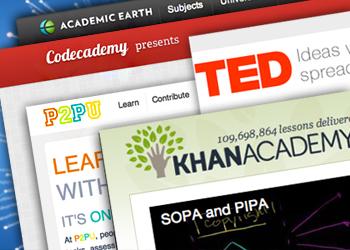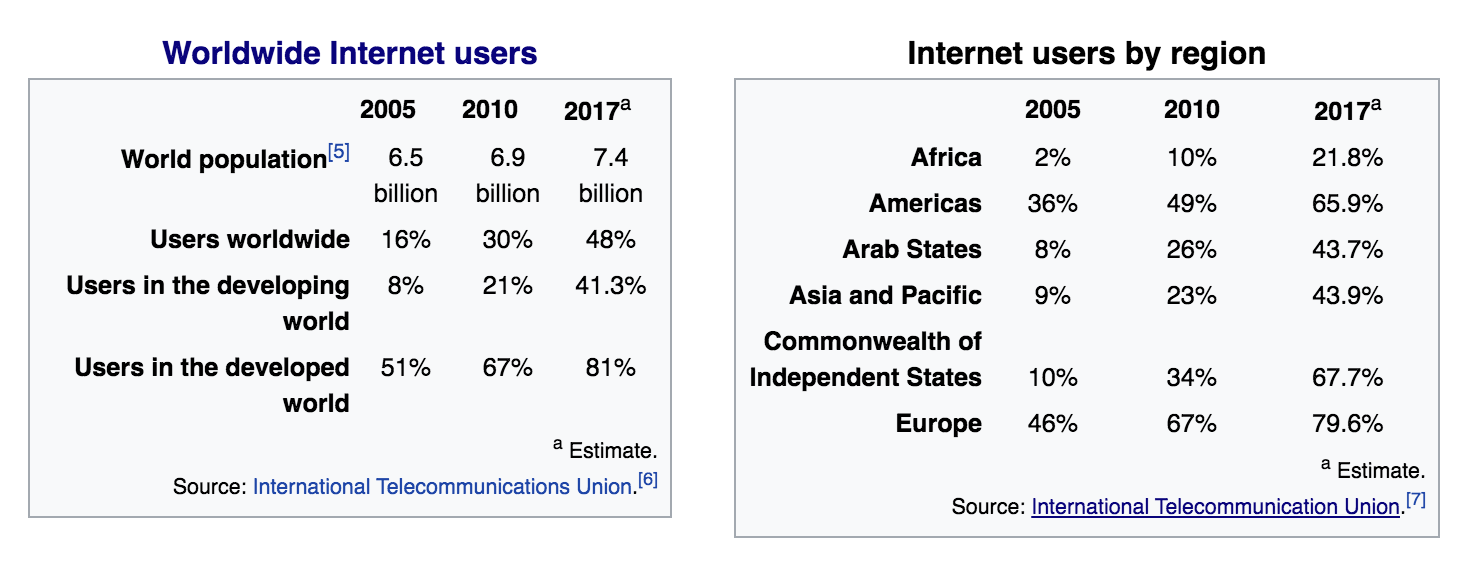
[1]Source: Google translation
After reading the materials given on course website about ‘open education’, I found the word ‘open’ occurs every now and then in the readings, which inspired me to really contemplate on the word. In the readings, from the definition of ‘open’ in LEXICO dictionary to the chart that depicts different attributes of open pedagogy, then the urgency of teachers regarding reforming textbook policy at schools, the central idea that these writings revolve around is again the word ‘open’. I don’t think I can explain the concept better nor can I summarize in a short post, but I have some thoughts on open education to share with you.

[2]Source: PCmag
For me the notion of open education is graceful because it essentially promotes the spread of knowledge, inspired by the rapidly developing modern technology. It is important especially for people working in the education field to catch up with the new technologies and to utilize them and incorporate them with the existing teaching methods to better serve the purpose of passing on the knowledge. Through online education student not only learn but also enhance and reproduce the current materials since the threshold for letting your ideas heard is lowered with the ubiquitous internet access. Open course has been around for quite a while, even before the computers came out. In the early 1900s, US, 4-H clubs [3] were formed to teach youth the latest technology advances in agriculture and home economics, which got to spread across the country and illuminated the world with the idea of open education. Today, almost every family has a computer at home, making online education accessible like never before. Students can choose when, where and what to study, without paying too much for bulky textbooks. In addition, people can communicate better online because they have more time to think about what to say and they can post their thoughts to people of their choice to see. Considering nowadays people constantly check on their phones, it becomes harder and harder to connect with people around physically. Online education provides opportunity for those who are too shy to approach other people in real world. Once the connection is created online, students are always welcome to meet up offline and enjoy real world activities.

[4]Source: Quora
Like anything else there is downside for open education too. While it is easy to learn online, it is also easy for anyone, some without any credential or just think they are thoughtful but are actually ordinary, to post or start teaching useless ‘knowledge’. After all, if all things are free online you cannot make sure to always choose the right one. That being said, it is important that we have a quality assurance system to scrutinize the content before it is posted online for educational purposes. Wikipedia, for example, is a popular website that millions of people view every day to quickly get the information of all kinds, from Brad Pitt’s marriage to the explanation of quantum mechanics. The fact that everybody can edit the content in Wiki page makes it more of a recreational website, meaning you can only browse through the marriages Brad had but if you want to learn some serious physics you will need to read a real book or sign up for a legitimate course.
At last I would like to talk about how my opinion changed about online study. Actually it was more of a discovery than change. The reason I said almost every family has a computer is because they are the people around me, and I am privileged to a point that I don’t even know people who don’t have a computer, but those people consist world’s most population. About 4 billion people still don’t have access to internet according to United Nation. Would online education make us the privileged and the not-so-fortunate people further apart? We are experiencing the advances brought by the technological boom while a lot of people are striving for food for tomorrow. I started to think more about how we can create a more inclusive environment for every body to access. It might sound cliche but it is crucial for us to not forget about people who have limited resource and just lack an opportunity to be enlightened and become part of the world and contribute to it. This would require persistence, determination and resources that help people to get equal access to online education.

[5]Source: International Telecommunication Union :
No matter how, online education is going to take on a more and more significant role in the future. Embracing it and enhancing it can make our way into the future easier. The advance of augmented reality, for example, could potentially make online course face-to-face and just like a conventional class where you interact with real people. Perhaps the artificial face-to-face class could hardly replace real face-to-face experience, but hey, think about hologram technology, the Inception? the Matrix?
Original Post:
https://tuhe.opened.ca/2019/08/10/open-education-feedback/
Reference
[1] Google Translate https://www.google.com/search?q=open+definition&rlz=1C1CHBD_enCA755CA755&oq=open&aqs=chrome.0.69i59j69i61j69i57j69i60l2j69i61.4161j0j7&sourceid=chrome&ie=UTF-8
[2] PCmag https://www.pcmag.com/feature/293079/10-excellent-free-online-education-resources
[3] Wikipedia: https://en.wikipedia.org/wiki/Open_education
[4] Quora https://www.quora.com/What-are-some-examples-of-double-edged-swords
[5] International Telecommunication Union https://www.itu.int/en/ITU-D/Statistics/Pages/facts/default.aspx
Leave a Reply